Czy powrót do psychologii personalistycznej jest możliwy i jak mógłby by uzasadniony? Henryk Gasiul


- Autor:
- Henryk Gasiul
- Wydawnictwo:
- Stowarzyszenie Psychologia i Architektura
- Ocena:
- Stron:
- 14
- Dostępny format:
-
PDF
Opis
książki
:
Czy powrót do psychologii personalistycznej jest możliwy i jak mógłby by uzasadniony?
The fundamental aim of the presented article is to justify the importance of pluralistic approach in personality psychology and to sketch a personalistic perspective as promising for personality psychology. Research carried out nowadays within the framework of personality psychology is concentrated rather on analysis of individual differences while omitting the individuality itself. However, it is an explanation of individuality which seems to be the main task of personality psychology, and not the comparison of individuals. Hence the suggestion to refer to theoretical positions which make possible the combination of idiographic and nomothetic approaches in personality psychology one of those positions which is especially promising is offered by the personalistic psychology. The author of the presented article assumes that there are two strategies of interpretation defined as a priori and a posteriori strategies. The classic personalistic psychology of W. Stern is an example of a priori strategy, but the authors proposition can be classified as a posteriori one. In this case the reasons for personalistic interpretation are inferred from human acts and intentions they enable to discover the fundamental significance of I as subject of acts and self-related motives. The I and self-related motives make visible the specificity of human being, which could be named as a person, and we may conclude from it what her/his attributes are. Striving for realization of personal attributes which manifest themselves as self-related motives indicate the uniqueness of individuality and the unique way of personality development. According to the distinction proposed by the author the nomothetic approach should consist in discovering general laws of realization of self-related as well as laws of person and personality development, whereas idiographic approach, which is essential for personality psychology, should consist in observing individual ways of fulfilling self-related motives and consequently in registering individual personality development.
Wybrane bestsellery
Stowarzyszenie Psychologia i Architektura - inne książki
Dzięki opcji "Druk na żądanie" do sprzedaży wracają tytuły Grupy Helion, które cieszyły sie dużym zainteresowaniem, a których nakład został wyprzedany.
Dla naszych Czytelników wydrukowaliśmy dodatkową pulę egzemplarzy w technice druku cyfrowego.
Co powinieneś wiedzieć o usłudze "Druk na żądanie":
- usługa obejmuje tylko widoczną poniżej listę tytułów, którą na bieżąco aktualizujemy;
- cena książki może być wyższa od początkowej ceny detalicznej, co jest spowodowane kosztami druku cyfrowego (wyższymi niż koszty tradycyjnego druku offsetowego). Obowiązująca cena jest zawsze podawana na stronie WWW książki;
- zawartość książki wraz z dodatkami (płyta CD, DVD) odpowiada jej pierwotnemu wydaniu i jest w pełni komplementarna;
- usługa nie obejmuje książek w kolorze.
Masz pytanie o konkretny tytuł? Napisz do nas: sklep@ebookpoint.pl
Książka drukowana



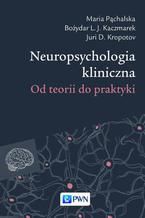





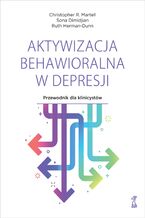


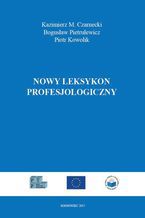

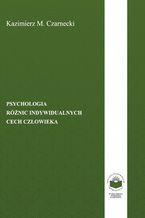










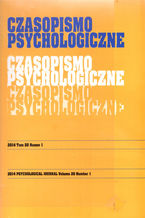





Oceny i opinie klientów: Czy powrót do psychologii personalistycznej jest możliwy i jak mógłby by uzasadniony? Henryk Gasiul
(0)